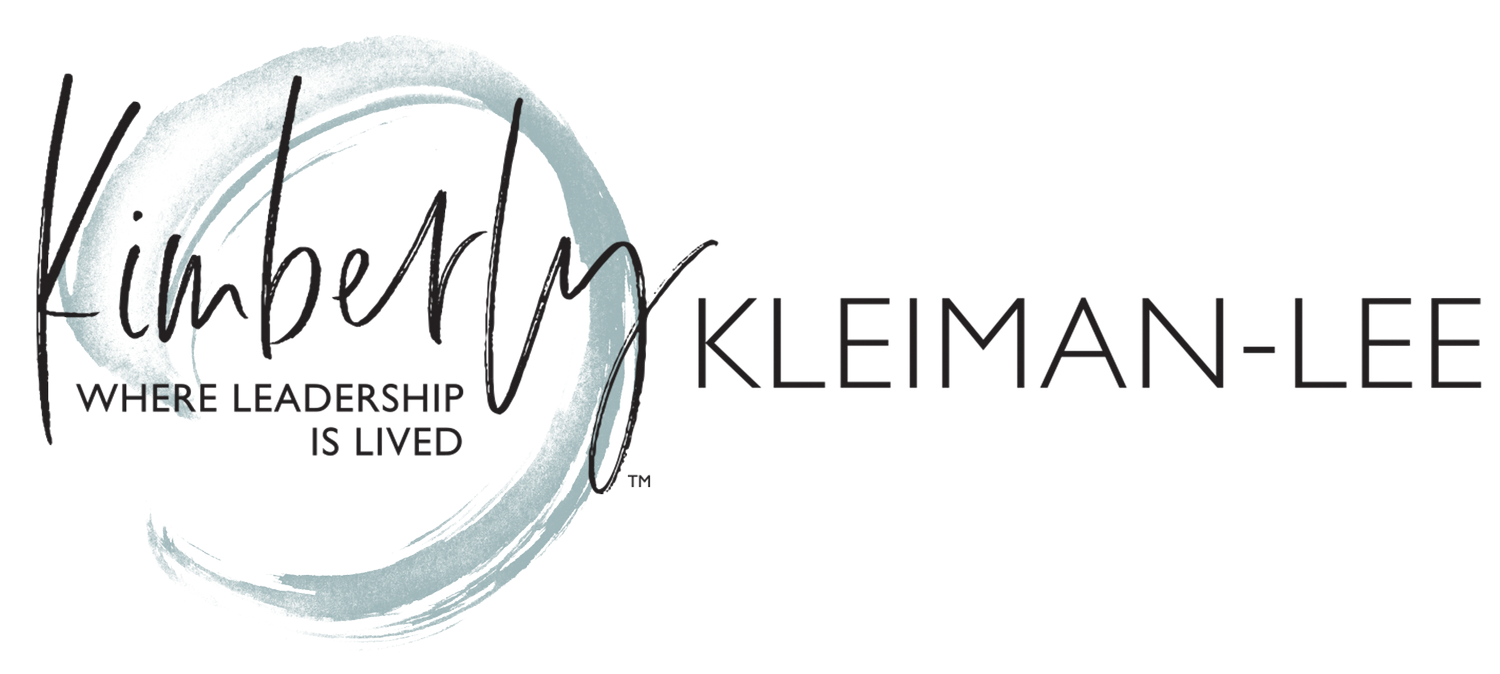Not Chill with Change?
You have a team member who is smart, hardworking, and an asset to the team. That’s the good news. The less than good news is that this same team member clings to the mantra, “We’ve always done it this way” and the classic, “If it ain’t broke, why fix it?” Sure, there’s merit to sticking with what works, but this teammate appears to resist change for the sake of resistance. Which Words will support this colleague’s willingness to take a chance on a new and improved approach?
If the resistance goes unchecked, you are depriving the company of a consistent approach and this person of much needed growth and development. Don’t get me started on the potential nosedive in team morale and your own simmering frustration. The change that must take place first is a conversation that states the problem and offers the team member the chance to understand how their discomfort with change is limiting them and impacting the team.
In response to “We’ve always done it this way” you hit them with, “Yeah, I bet that’s what someone said when electricity replaced candles. Can you join us in this decade please?” Mocking someone’s allegiance to the way things have worked before isn’t helpful and might cause that human to double down. Get curious about their “why” and invite them to share their insights, experiences, or concerns with you. Shame and blunt force won’t shift their stance and it might shut down any hope they will take a chance on a new direction.
Is it possible that this colleague is resistant to change because they don’t see the benefit, don’t have time or interest to learning something new, or fear what this change will mean to how they do their work or how they are regarded at work if they don’t change fast enough.
While you might be completely chill with change, (super jealous if that’s the case!) many of us struggle on some level with disruption even if the disruption brings about something good. A few better Words to say to humans having a very human response to change are:
“Change is tricky. This will take time and effort for all of us but we can get there if we work together on this. Let’s discuss the next 5 steps to ensure we are aligned.”
“I sense that you’re not fully onboard with this and I’d like to understand why.”
“I’d welcome any improvements you might have to improve our approach.”
“Thank you for sharing your concerns. I think we can ____ [insert any tweaks you think are doable.] But, here’s the thing: not changing is not an option. I expect our team to lead this ___ [policy, process, protocol, etc.] It is important to the company and to me. Thus, let’s meet on Monday to discuss a full transition plan and what will be needed to ensure our success.”
The Last Word:
It’s a fallacy that humans don’t like change. Humans don’t like sudden, unexplained, not well communicated, ill-thought through change. Rarely will the software implementation be halted, the announced reOrg scrapped, or the launch leveled. Change will happen. The key is to help it happen in the most thoughtful, well communicated, impeccably constructed way. Change, my Friend, is one of the MOST important plans you can craft. How will you help your humans succeed? If your leader’s change plan is tanking, what can you do to …well… change it?
“Change can bring about a fear that it will be unsuccessful or that the individuals involved will personally fail as a result of the changes that were made. Employees often worry this will negatively impact their performance reviews, their job security, and even have implications for pay. In turn, this can lead to poorer outcomes at work, in both output and the quality of the work being completed.”
Kealy Spring, owner & coach, Spring Ahead Coaching
Don’t stop now! Learn more from a few of our personal favs below:
Disclosure: The resources shared and listed by KKL & Co. are those that have been evaluated to be of high value to our leaders. We are proud affiliates for some of these resources, meaning if you click a link and make a purchase, we earn a nominal commission at no extra cost to you. Please don’t spend any money on these resources unless you believe they will help you become a better human.













